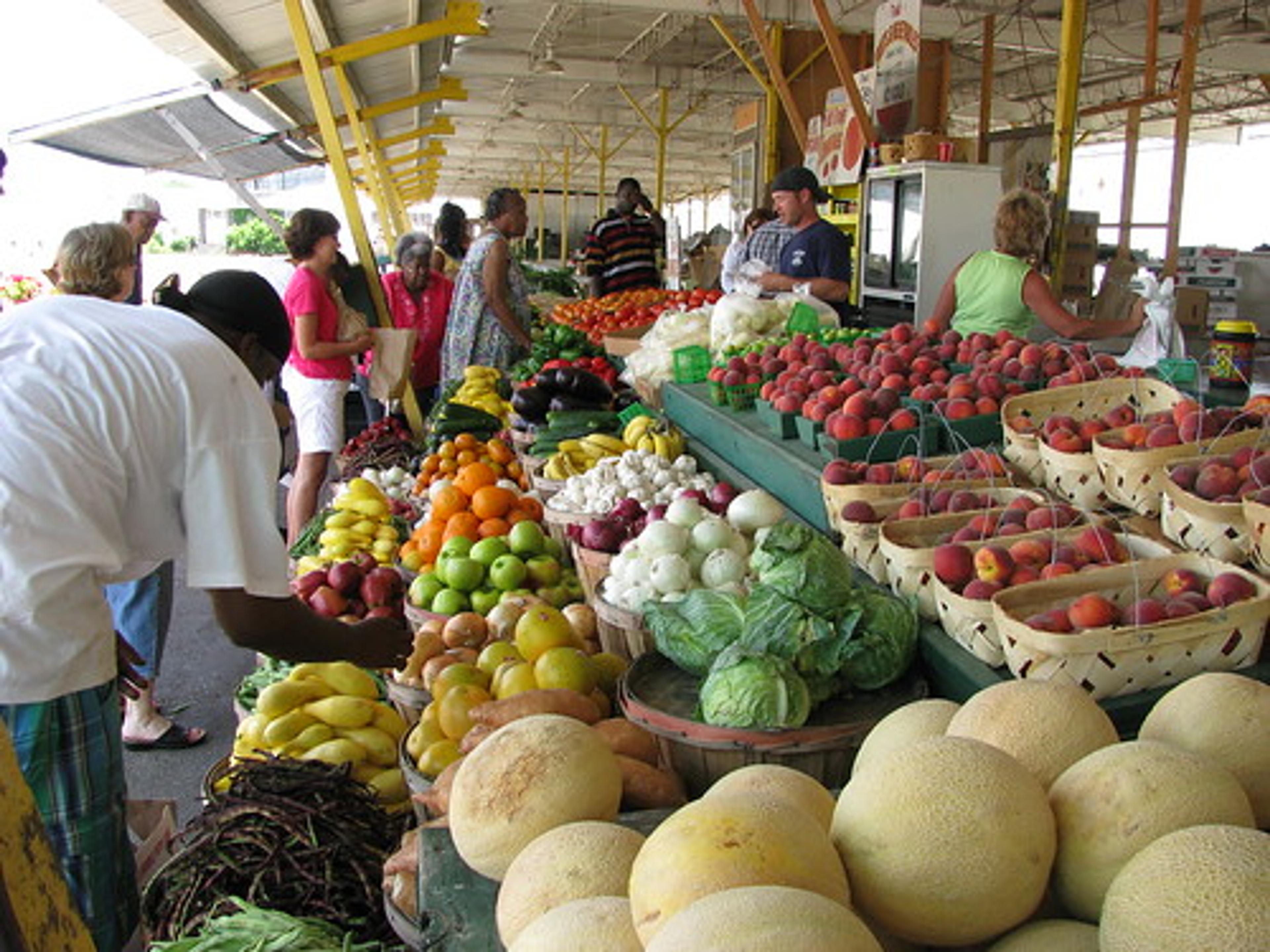Improve your health, fatten your wallet, help your local economy

Niccole LaDue
| 3 min read

As consumers, we are very fortunate. Thanks to large grocery store chains, we have almost every food imaginable available right at our fingertips. Grocery store shelves are able to offer the same products all year round due to our strong reliance on processed foods and our ability to grow and ship produce from almost anywhere. But, what impact does this have on our health and well-being? Have we become disconnected from our rural roots and lost our connection with the earth? Do we experience more benefit from waiting for seasonal produce versus having everything available all the time?
Buying local, seasonal produce offers many benefits that extend far beyond improved taste and nutrition. The nutritional completeness and variety that a seasonal menu offers, provides significant enhancements to your well-being as well as improves the health and stability of local communities and economy.
Benefits of seasonal, locally grown produce
- Improved appearance and taste – Do you agree that here’s nothing quite like a ripe cherry tomato fresh from the vine? Fresh, locally grown produce looks and tastes better than the stuff from the store, which was picked before it was ripe and chemically altered to ripen after picking. Farmers allow their produce to fully ripen before picking, which means the produce is in its flavor prime. Your taste buds won’t know what hit them!
- Enhanced nutrition and safety – The moment produce is harvested the nutritional value begins to decline. Much of the supermarket produce has been sitting for days or even weeks depending on where it came from. In addition, the produce has most likely been chilled, chemically enhanced to ripen, and has added preservatives to increase shelf-life. On the other hand, produce straight from local farmers has usually been picked within the past 24-48 hours and is at its nutritional peak. Because farmers wait until their fruit has naturally ripened, it is healthier and safer.
- Supports local families and economies – When farmers are able to cut out the middleman by selling directly to consumers, the farmers are able to pocket the profit. Direct farmer- to-consumer sales are an investment in the future of local farming and the health of the local economy, including better schools, safer streets, and nicer parks.
- Supports local community – Working directly with local farmers helps to establish a tight sense of community. Consumers who have a relationship with their local farmers have unique insight to the seasonal produce available from the local land. Also, a connection develops between eater and grower that consumers will never experience from their large chain grocery stores.
There are many ways you can purchase locally grown produce in your area. Many farms allow consumers to come in and pick their own produce. This is very cost-effective for the farmer, which results in lower prices for you. Plus, it’s a direct investment in the future of that farm. Find a u-pick farm near you to find out what produce is available and when. Farmer’s markets are also a great way to purchase local produce. Many communities have weekly farmers markets that run through late spring to early fall. Click here to find a farmer’s market near you.
Do you have a favorite u-pick farm or farmer’s market?
Photo Credit: NatalieMaynor





